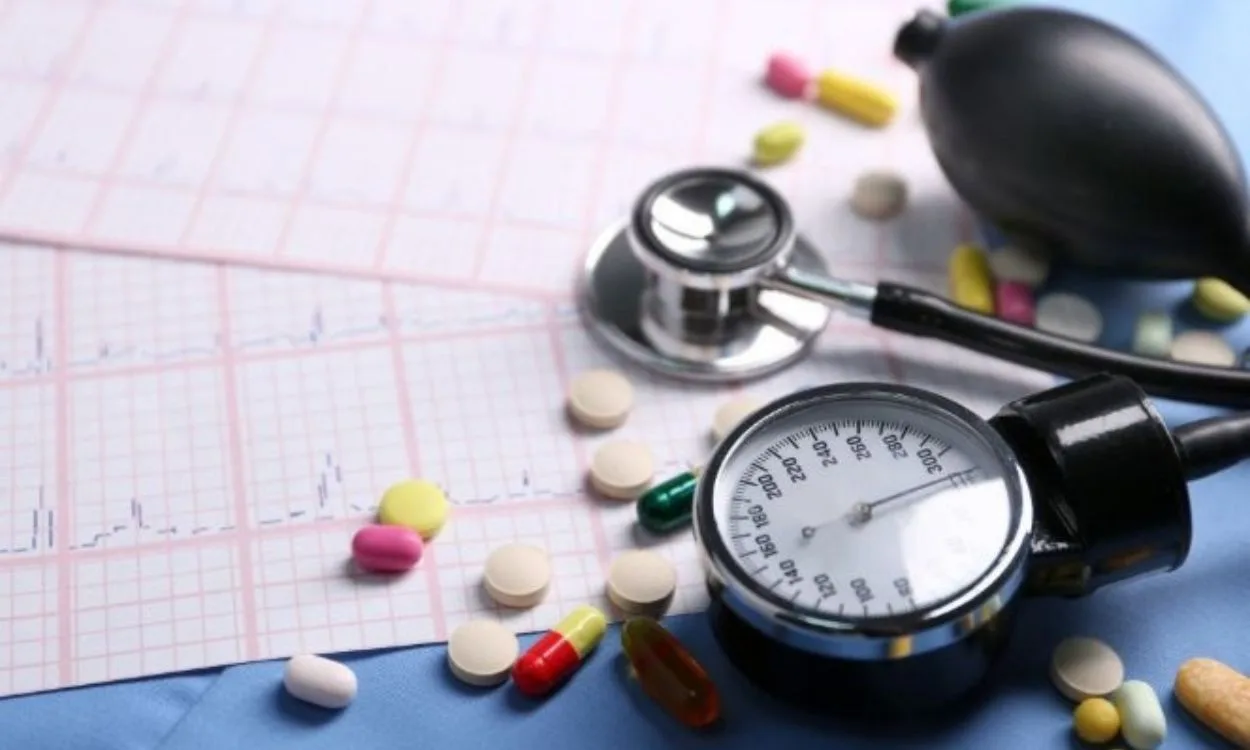Can certain medications lead to high blood pressure as a side effect?
High blood pressure, also known as hypertension, is a common health condition that affects millions of people worldwide. While there are several factors that can contribute to high blood pressure, including lifestyle choices and genetic predisposition, it is important to understand that certain medications can also lead to an increase in blood pressure as a side effect. In this article, we will explore the connection between medications and high blood pressure, and discuss some common medications that may elevate blood pressure levels.
Before we delve into the topic, it is crucial to note that not all medications have the potential to raise blood pressure. Many medications are safe and necessary for the management of various health conditions. However, there are specific drugs that are known to affect blood pressure levels. It is important to be aware of these potential side effects and to discuss any concerns with your healthcare provider.
Here are some common medications that may lead to high blood pressure:
- Nonsteroidal Anti-Inflammatory Drugs (NSAIDs): NSAIDs are commonly used to relieve pain and reduce inflammation. While they are generally safe when used for short periods and at recommended doses, prolonged use or high doses can lead to an increase in blood pressure. Examples of NSAIDs include ibuprofen, naproxen, and aspirin.
- Decongestants: Decongestants, such as pseudoephedrine, are often found in over-the-counter medications for nasal congestion. These medications work by constricting blood vessels, which can raise blood pressure. People with hypertension should use decongestants cautiously and under the guidance of a healthcare professional.
- Oral Contraceptives: Certain types of birth control pills can cause a slight increase in blood pressure, especially in women who are already predisposed to hypertension. It is important for women taking oral contraceptives to monitor their blood pressure regularly and discuss any concerns with their healthcare provider.
- Antidepressants: Some classes of antidepressant medications, including selective serotonin reuptake inhibitors (SSRIs) and tricyclic antidepressants (TCAs), have been associated with an increase in blood pressure. However, the effect on blood pressure varies among individuals, and not all antidepressants have this side effect. It is important to communicate any changes in blood pressure to your doctor if you are taking antidepressants.
- Steroids: Corticosteroids, commonly used to treat various inflammatory conditions, can cause an elevation in blood pressure, especially when used in high doses or for long periods. It is essential to work closely with your healthcare provider to monitor blood pressure while on corticosteroid therapy.
It is important to emphasize that the potential for these medications to raise blood pressure varies among individuals. Some people may experience a significant increase in blood pressure, while others may not be affected at all. It is crucial to communicate any concerns or changes in blood pressure to your healthcare provider who can provide personalized guidance based on your specific situation.
Now that we have explored the topic of medications and high blood pressure, let’s discuss how Fitpaa can help you manage your blood pressure and overall health. Fitpaa is an innovative health and fitness app that provides personalized plans to help individuals achieve their health and fitness goals. With the guidance of a team of fitness planners, nutritionists, fitness coaches, and doctors, Fitpaa offers a comprehensive approach to improving overall well-being.
Fitpaa uses the latest state-of-the-art research in Lifestyle Medicine and Behavioral Therapy to optimize all 11 organ systems and deliver guaranteed results. By considering every aspect of your life, Fitpaa’s Metabolism Monitoring Technology assesses your current metabolism and identifies the root cause of your health condition. Based on this assessment, Fitpaa prepares a personalized Fitpaa Capsule, which combines medical therapy, medical exercise therapy, medical nutrition therapy, and cognitive behavior therapy.
The Fitpaa Capsule is designed to optimize your metabolism, help you burn unhealthy fat, gain vital nutrients, and regulate hormones. It provides a comprehensive fitness plan, diet tracker, virtual workout trainer, and real-time guidance through the Fitpaa app. With regular progress reviews by a team of experts, Fitpaa ensures that you stay on track toward achieving your health and fitness goals.
In conclusion, while certain medications can potentially lead to high blood pressure as a side effect, it is essential to work closely with your healthcare provider to monitor your blood pressure and address any concerns. Fitpaa offers a holistic approach to improving your overall health and well-being, with personalized plans and expert guidance to help you achieve your health and fitness goals. Download the Fitpaa app today and embark on a journey towards a healthier and happier life.









